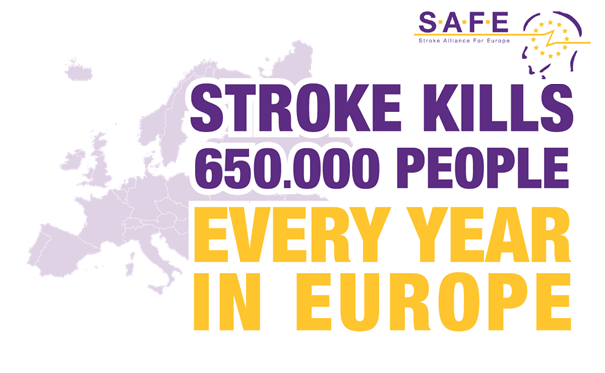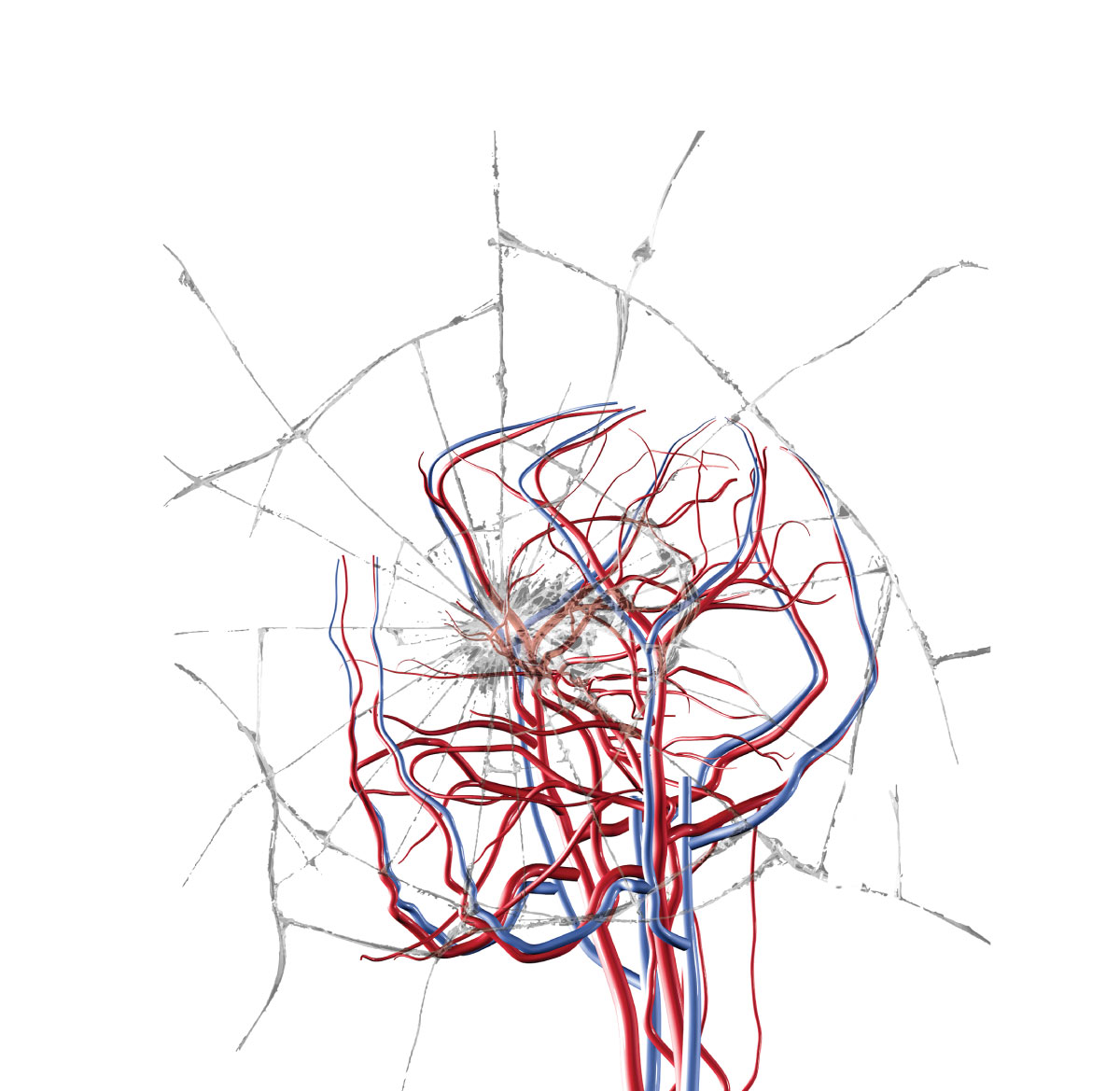
Oct 28, 2016
The President and Board of the WSO offered Jon Barrick, the President of SAFE, the role of being the next Chairman of the World Stroke Campaign, which he has accepted.
I think it will be good for us to be able to shape awareness and advocacy work at world level, said Barrick.

The WSD Campaign Committee and Working Group will have a lot to do in developing the new campaign theme for the 2017 World Stroke Campaign and World Stroke Day. SAFE is honoured to have our President leading the WSD17 Campaign Team. (more…)

Oct 25, 2016
EFNA needs people to get involved in the action to ensure access to employment for those affected by neurological disorders and chronic pain conditions.
 Written Declaration no. 0112/2016 was launched on October 24th. We now have until mid-January to ensure that over half of all Ministers of the European Parliament sign this Declaration, to ensure that it does not lapse.
Written Declaration no. 0112/2016 was launched on October 24th. We now have until mid-January to ensure that over half of all Ministers of the European Parliament sign this Declaration, to ensure that it does not lapse.
Please help us to achieve this goal, which will benefit all those affected by neurological and chronic pain conditions across the EU.
(more…)

Oct 21, 2016
 WSD16
WSD16
Stroke can happen to anyone at any age. World Stroke Day 2016 recognizes that although stroke is a complex medical issue, there are ways to significantly reduce its impact. We are calling everyone – individuals, families, communities, health professionals and governments – to join the fight against stroke. Let’s take action, drive awareness and push for better access to stroke treatments.
(more…)

Oct 19, 2016
Stroke is the number one cause of long term severe disability. Stroke survivors and their families are dependent on progress around neurological research and neurorehabilitation to ameliorate their disability. From a patient perspective, it makes no sense for stroke to be under cardiac disease. SAFE strongly supports the previous decision ICD-11 of having all types of strokes in a single block, and that this block should be placed in the nervous system diseases chapter.
Please read below the reaction of the most eminent stroke experts to the WHO ICD-11 Classification Committee to move the newly created cerebrovascular block from neurology to circulatory disease. (more…)

Oct 18, 2016
NewYork-Presbyterian launched an innovative mobile stroke treatment unit in collaboration with Weill Cornell Medicine, Columbia University Medical Center and the Fire Department of New York, according to a press release.
The mobile stroke treatment unit (MSTU) is an emergency vehicle deployed through 911 that is specially equipped to bring immediate care to patients who may be having a stroke. The team contains two paramedics, a CT technologist and a neurologist. The unit also contains all equipment and medications necessary to diagnosis and treat a stroke, according to the release. (more…)





 WSD16
WSD16




